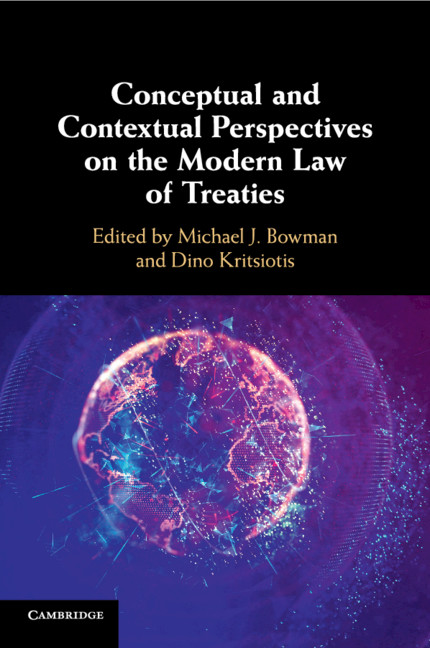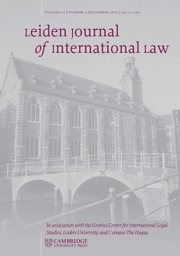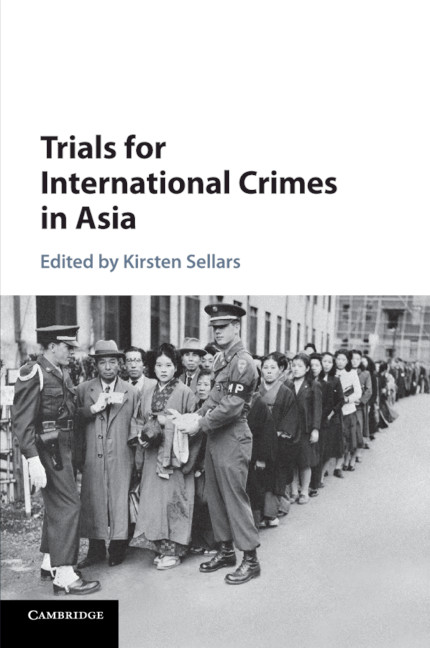A ‘Constitution for the Oceans'
The UN Convention on the Law of the Sea, signed in 1982, was the culmination of half a century of legal endeavour. Earlier attempts to create a treaty regime governing the ocean — at League of Nations and United Nations conferences in 1930, 1958 and 1960 — had all failed to settle the breadth of the territorial sea, and in two cases failed to settle anything at all. During the negotiations, legal concepts were formulated and reformulated: straight baselines inspired archipelagic baselines; fishing conservation zones became exclusive economic zones; innocent passage through straits metamorphosed into transit passage through straits; and the seabed common heritage was replaced by the parallel system of seabed exploitation. Many of the issues that animated the delegates during the negotiations — ocean pollution, over-fishing, naval mobility, continental shelf claims and the impact of seabed mining — continue to exercise policymakers and lawyers to this day.
- Explains the dynamics behind the creation of the law of the sea treaties in the 20th century
- Demonstrates the differing aims of the states engaged in the drafting of key treaty articles
- Draws on unpublished archival sources from around the world that cast new light on major issues arising during the treaty negotiations
Product details
February 2025Adobe eBook Reader
9781108881746
0 pages
This ISBN is for an eBook version which is distributed on our behalf by a third party.
Table of Contents
- 1. End of the old order: the attempt to create a convention on territorial waters
- 2. Old freedoms, new rights: the Corfu Channel and Fisheries cases
- 3. North, South, East and West: new ideas and new actors at the 1958 conference
- 4. A conference collapses: no settlement on the territorial sea or fishing limits in 1960
- 5. Internationalising the seabed: common heritage and the UN seabed committee
- 6. Passage through straits: from innocent passage to transit passage at the 1973–82 conference
- 7. The archipelagic concept: division, unity and archipelagic statehood
- 8. New international orders: the exclusive economic zone, the continental margin, and marine scientific research
- 9. The bitter end: the seabed mining controversy and the signing of the convention
- Afterword
- Bibliography
- Index.














